The Return (Uberto Pasolini, 2024) narrates the episode from Homer’s epic in which, after twenty years of absence, Odysseus/Ulysses (Ralph Fiennes) arrives on the shores of Ithaca, emaciated and unrecognizable. The king has finally returned home, but much has changed in his kingdom since he left to fight in the Trojan War. His beloved wife Penelope (Juliette Binoche) is now a prisoner in her own home, harassed by her many ambitious suitors to choose a new husband, a new king. His son, Telemachus, who has grown up without a father, faces death at the hands of the suitors, who see him as an obstacle in their relentless pursuit of Penelope and the kingdom. Odysseus has also changed. Scarred by his experience in war, he is no longer the powerful warrior his people remember, but he is forced to confront his past to rediscover the strength necessary to save his family and regain the love he has lost.
The 65th edition of the Thessaloniki Film Festival hosted the premiere of The Return, attended by its director and lead actors, as well as cinematographer Marius Panduru (a regular collaborator of Radu Jude), co-producer Konstantinos Kontovrakis, and actor Pavlos Iordanopoulos. Uberto Pasolini, founder of the production company Red Wave Films in 1993, produced the box office hit The Full Monty, which grossed over $250 million worldwide, won a BAFTA award for best film, and was nominated for four Oscars. Pasolini, who made his directorial debut in 2008 with Machan, set in Sri Lanka, addressed the audience after the screening with humor and emotion, highlighting the importance of presenting a story deeply linked to his cultural heritage in Greece. According to the director, the challenge was to bring Homer back to the present, stripping him of mere academic erudition and returning him to everyday life. An arte povera aesthetic, with a minimalism that reduces the story to its essence, far removed from big productions such as Troy (2004), manages to deepen that closeness and at the same time underline the universal character, as explained by its director, of a text that belongs to all of humanity. He emphasized that the epic is, in essence, a story about family and identity. His purpose was to reinterpret the sacred with emotional closeness, inviting the viewer to reread the work from an intimate dimension.
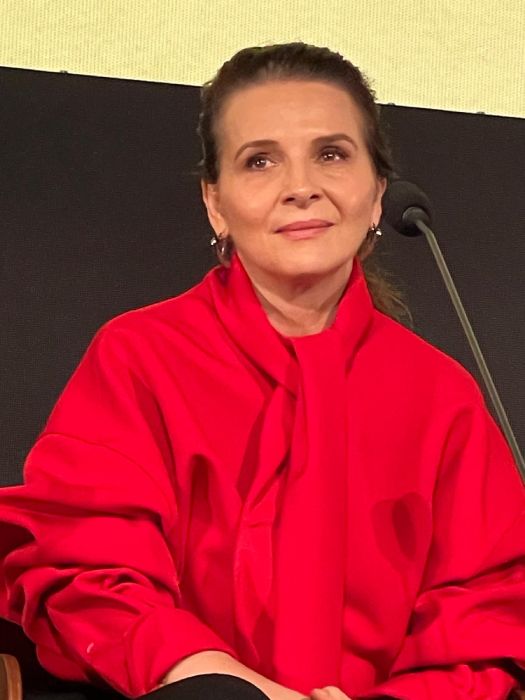
Juliette Binoche during the masterclass at the 65th Thessaloniki Film Festival. Photo © Eva Peydró.
Although the stars had given an extensive masterclass to the press the day before, they were enthusiastic and approachable during the discussion after the film. Juliette Binoche emphasized that her initial attraction to Penélope came from the script and her desire to work with Fiennes again, in what has been their third collaboration. What moved her most was playing a woman in resistance, caught between despair and hope, driven by anger but also by faith in reunion. As she told the audience, who had warmly welcomed the screening, with Pasolini’s guidance and the complicity of her co-star, she sought to explore every emotional nuance of the character.
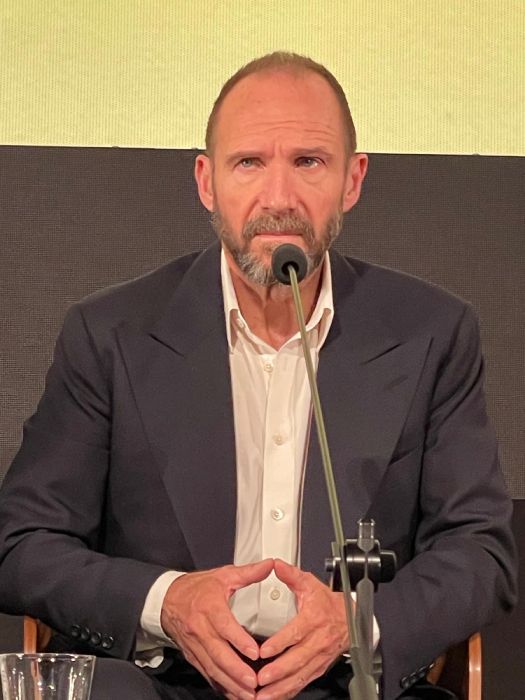
Ralph Fiennes during the masterclass at the 65th Thessaloniki Film Festival. Photo © Eva Peydró.
Ralph Fiennes, whose physical work in the film is important, implying excellent body shape, explained his relationship with Odysseus. Since childhood, he had been fascinated by Greek myths, and when he received the proposal, he discovered a project very different from a conventional adaptation. The script, written by John Collee and Edward Bond, eliminated divine figures such as Athena to place the story in a more arid and human world. Fiennes pointed out that Pasolini’s vision offered an Odysseus deeply wounded by war, marked by post-traumatic stress disorder, unable to fully recognize himself, to trust in his permanence in Ithaca, or even to reveal himself to his wife. This psychological approach seduced him, along with Panduru’s visual aesthetic.
On a more personal note, both actors reflected on their long friendship and artistic collaboration, recalling their work on The English Patient (1996). Binoche humorously told Fiennes, I always heal you, alluding to the parallels between their past and present characters. They emphasized that the essential elements were emotional chemistry and mutual trust, as Pasolini demanded that they avoid superficiality to bring to life characters who were raw (in Fiennes’ case, literally), universal, and contemporary.
Regarding his preparation for the role, Fiennes confessed that he had not done any external research, preferring to rely on his imagination and intuition as his main tools. For him, acting alongside Binoche was already an exercise in unpredictable discovery. The biggest challenge was embodying the internal struggle of Odysseus, who, more than a warrior, is a man in an identity crisis. Binoche, on the other hand, spoke of her stay in Corfu and an agreement with Pasolini that allowed her to improvise in the early scenes, gaining expressive freedom. The director later admitted that she was right most of the time.
Finally, Pasolini avoided taking on the representation of other Greek myths, stating that this task belongs to Greek filmmakers themselves. The Return thus emerges as a work that, rather than remaking The Odyssey, reinterprets it from a human, intimate, and emotional perspective, offering a contemporary reading of waiting, return, and the difficulty of recognizing oneself after war.
The Return premieres in Spain on August 22.



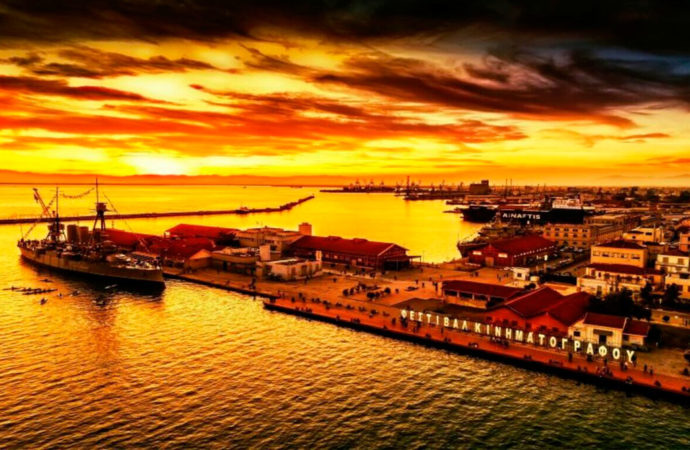
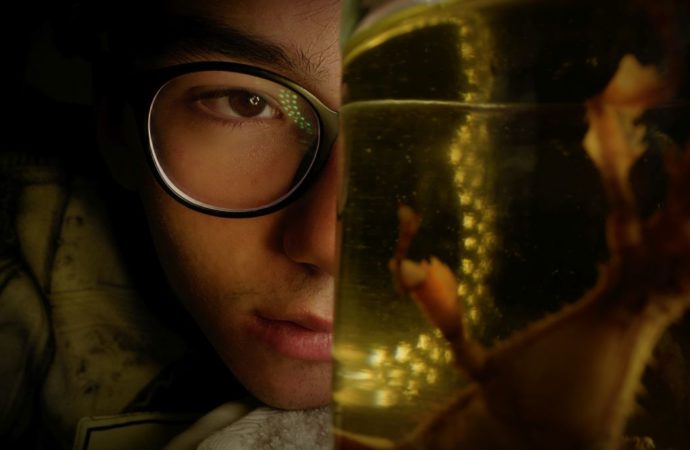
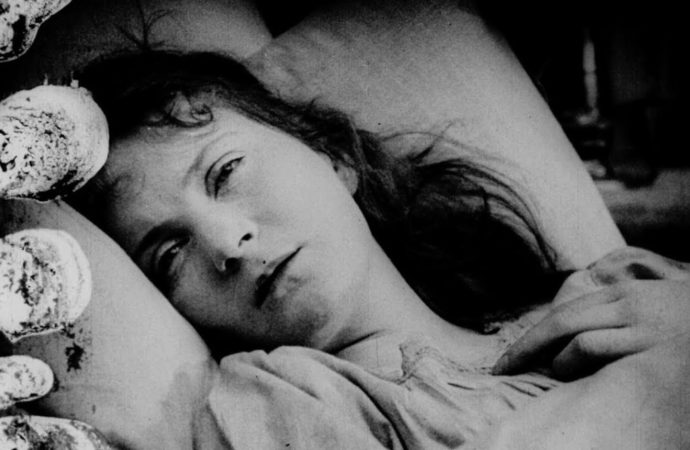
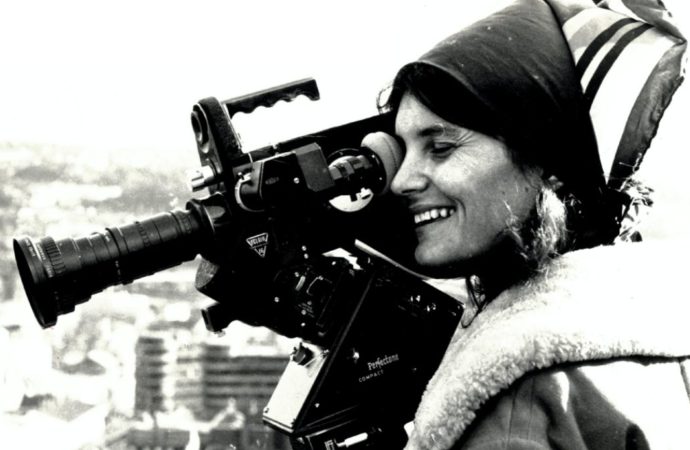
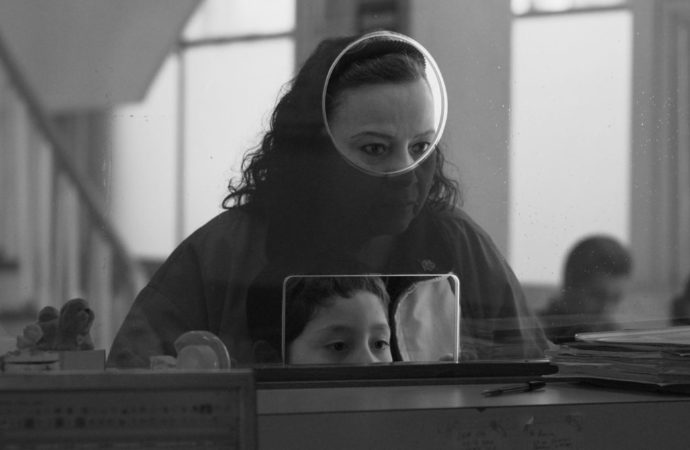
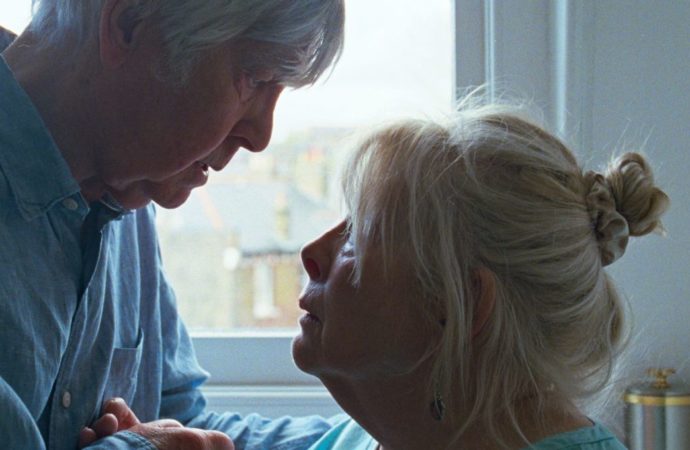
No one has posted any comments yet. Be the first person!